
Aren’t Christian stakes simply justice stakes? Not entirely. Christian ethics, and mainly Reformed Protestant and Enlightenment versions of those, shaped the U.S. Constitution. They defined what goods government was to serve, what constituted legitimate authority, and how power was to be exercised; where government power ended and individual rights began, or at least individual rights for white, land-owning men. Christian understandings of the human calling and the common good influenced the political calling and the “common welfare” and “defense” that government is to serve. This essay downplays the loss of civility but emphasizes the importance of Christian vision and critique of politics as civil religion, a moderating sense of civic idealism and unifying trust in democracy, is lost.
Although written before the third debate and Trump’s refusal to accept the election results as legitimate in advance, his position violated a clear taboo in our civil religion, which is defined below in relation to Robert Bellah’s work.
While some forms of American Christianity are currently being exposed as compromised Christian Americanism, and the Religious Right is writhing over whether anti-abortion assertions can cover a multitude of sins, it is important for mainstream Christians to keep their bearings. The obvious loss of civility we are witnessing does cheapen political discourse and inflames all discussions, but the deeper task is creating and re-creating a national purpose that can inspire and undergird a more just social order. Basic Christian virtues remain important benchmarks for judging candidates, but what a leader stands for should be bigger than their imperfections—some of which should always be expected. Talking about Trump and racism or nativism may be the headlines of this election season, but there are many other candidates and policy arguments that deserve attention.
___________________________________________
The collapse of civil religion into nationalism is more dangerous than the spread of insults and ugly threats because civil religion—the sense that the US had a “higher calling”—served to contain the inevitable polarizations of politics.
___________________________________________
I would defend the choice of religious conservatives to stick with Trump, for example, despite the obvious contradictions between his proclaimed values and Jesus’ teachings. David Cay Johnston’s book, The Making of Donald Trump, provides a catalogue of such contradictions, including his lack of charity and celebrations of power and revenge. If one believes that the church/state separation has been overdone, however, and that the US government should favor Christianity and Christians in various ways, then the overall direction of Trump and Pence’s policies may outweigh any personal flaws. Trump has said very clearly to “Evangelicals” that he would give them more power and influence (for example, by eliminating the 1954 Johnson amendment that prohibits religious organizations from endorsing political leaders).
 The collapse of civil religion into nationalism is more dangerous than the spread of insults and ugly threats because civil religion—the sense that the US had a “higher calling”—served to contain the inevitable polarizations of politics. Greater ideological clarity among political parties, in fact, may be a gain if it helped people see beyond personalities, whether appealing or appalling, to policy choices based on clear values. In my view, civil religion is not only under pressure from religious and ethnic nationalists. Even after the debacle of Iraq, some neo-conservatives continue to favor expansive policies of empire while some realists (and libertarians) reduce foreign policy to immediate national self-interest, minimizing human rights and allowing desperate injustices to fester. Civil religion, through its evolving myths, has been a way of trying to speak about the US as a whole and to appeal to all citizens about more than selfishness and getting ahead. For some we were a “Redeemer Nation” that could do no wrong.
The collapse of civil religion into nationalism is more dangerous than the spread of insults and ugly threats because civil religion—the sense that the US had a “higher calling”—served to contain the inevitable polarizations of politics. Greater ideological clarity among political parties, in fact, may be a gain if it helped people see beyond personalities, whether appealing or appalling, to policy choices based on clear values. In my view, civil religion is not only under pressure from religious and ethnic nationalists. Even after the debacle of Iraq, some neo-conservatives continue to favor expansive policies of empire while some realists (and libertarians) reduce foreign policy to immediate national self-interest, minimizing human rights and allowing desperate injustices to fester. Civil religion, through its evolving myths, has been a way of trying to speak about the US as a whole and to appeal to all citizens about more than selfishness and getting ahead. For some we were a “Redeemer Nation” that could do no wrong.
Overall, the overshadowing of the cross by the American flag in popular iconography and displays—ironically—makes for a less great America. Patriotism, without the sense of transcendent purpose acknowledged in civil religion, reverts to a kind of tribalism. Civil religion was linked to the sense of “establishment” that older churches had, and often may have been a vehicle for nostalgia and sentimentality more than ideals. But it had a certain power, such as when Senator John McCain (R-AZ) said of the Bush-era CIA torture practices, “This is not America.”
___________________________________________
“It is people’s sense of helplessness and powerlessness that first creates apathy and self-centeredness and eventually leads to extremism. If we are consistently breeding helplessness in our institutions, which is what patriarchy is good at, it will bleed over into our larger political process.”
___________________________________________
Every pastor, and in fact every member, of every congregation should seek to apply the values and visions of our faith to the policies proposed by candidates. That’s called public responsibility. Most Protestant denominations, the Roman Catholic Church, organized Judaism, Islam, and other faiths have offices in Washington, DC, to help identify and advocate for their particular versions of the common good. No surprise, but most favor more justice and more equality—primary themes in the work of the Presbyterian Office of Public Witness, for example. The self-proclaimed Evangelical churches also have public witness operations, often more aligned with individualistic and moralistic views, but still concerned with justice as they define it. Sometimes the Evangelicals and Catholics have been more alert to damaging cultural trends than (we) mainline Protestants.
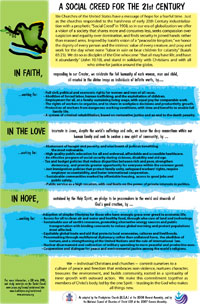 Ecumenism pushed civil religion to be more than the lowest common moral denominator. I would argue that ecumenical bodies, above all the National Council of Churches of Christ, raised the denominator for both the church members and the United States government itself. It made explicit the social covenant that goes beyond contract (or “deals”) to talk about the mutual obligations of citizenship and hopes for a better society. The concise 2008 Social Creed, endorsed by both NCC and PC(USA) Assemblies, would be a classic example of this, building common ground, showing moral consensus, and offering clear theological grounding. The ecumenical movement helped keep the more imperialistic forms of patriotism under actual Christian critique, which entails a sense of God’s judgment on all nations. Might, alone, does not make right.
Ecumenism pushed civil religion to be more than the lowest common moral denominator. I would argue that ecumenical bodies, above all the National Council of Churches of Christ, raised the denominator for both the church members and the United States government itself. It made explicit the social covenant that goes beyond contract (or “deals”) to talk about the mutual obligations of citizenship and hopes for a better society. The concise 2008 Social Creed, endorsed by both NCC and PC(USA) Assemblies, would be a classic example of this, building common ground, showing moral consensus, and offering clear theological grounding. The ecumenical movement helped keep the more imperialistic forms of patriotism under actual Christian critique, which entails a sense of God’s judgment on all nations. Might, alone, does not make right.
Civil religion was never as codified as a theological statement, but when its chief interpreter, Robert Bellah, wrote about the fault lines in our society, he spoke about “The Broken Covenant.” Racism, invading other countries, exploiting our own citizens, and maintaining poverty and inequality: these denied the promises of American life, often showing excessive exceptionalism. Bellah picked up on America’s creation myths, its sense of manifest destiny, and its sense of being “chosen” by God— because of the power and wealth that make us “the indispensable nation.” We know the rhetoric of being “leader of the free world,” the “good guys (sic)” in opposition to a changing cast of “evil-doers,” the license to intervene. The purposes for which we intervene are arguably less; democracy has been reduced to voting, and freedom is imagined to require little government and shared values: just let corporations in and development will somehow follow.
Interestingly, one of Bellah’s characteristics of US civil religion was “the American Taboo on Socialism,” credited to capitalism’s success and boosted by Cold War anti-communism. Bernie Sanders’ inspiring run in the Democratic primary, however, may have partly dismantled that article of faith.
___________________________________________
The refusal of a party to play by Constitutional rules is to my mind more damaging of democracy than trash-talking by campaigns. Dysfunction delegitimates quicker than de-marketing.
___________________________________________
The sense of democracy’s fragility is partly a symptom of our losing the automatic belief in our “system” that was part of civil religion. Our democracy is genuinely imperiled by massive inequality and ignorance, and violations of our rights by government secrecy and surveillance. Hillary Clinton’s tangles over retroactively classified emails trivialize a legitimate security concern about the accountability of our military and security services, especially if she favors more military intervention abroad. The Supreme Court fight is truly a core fight over whether money should be allowed to rule politics—despite Donald Trump’s ability to campaign on free media—and whether the system can continue to be rigged by gerrymandering and vote suppression to weaken minority rights. The Presbyterian Church’s General Assembly spoke directly to these matters back in June.
 When John McCain slipped and said that Republicans would never approve a Supreme Court justice nominated by Hillary Clinton (October 17 statement, later walked back), this is a kind of threat to assassinate a branch of government, to violate the Constitution out of base partisanship. The refusal of a party to play by Constitutional rules, including a refusal to consider taxation for any positive purposes or confirm presidential appointments, is to my mind more damaging of democracy than trash-talking by campaigns. Dysfunction delegitimates quicker than de-marketing.
When John McCain slipped and said that Republicans would never approve a Supreme Court justice nominated by Hillary Clinton (October 17 statement, later walked back), this is a kind of threat to assassinate a branch of government, to violate the Constitution out of base partisanship. The refusal of a party to play by Constitutional rules, including a refusal to consider taxation for any positive purposes or confirm presidential appointments, is to my mind more damaging of democracy than trash-talking by campaigns. Dysfunction delegitimates quicker than de-marketing.
But if overly poisonous partisanship has disabled civil religion as a unifying frame, Christians and their church representatives must speak out based on their own readings of scripture and ethics, without indulging in theocratic efforts to coerce other citizens. Churches and other religious bodies should themselves debate the nature and scope of conscience, the bases of privacy and individual freedom, as we have now long done in relation to abortion and will likely do increasingly on matters of genetics. Politics is always about enforcing somebody’s morality, and Christians should always be challenging assumptions and embodying alternatives.
Beyond fact-checking, Christians need to do a kind of value-checking that looks at differences in worldview and identity. In this age of brands and their canned narratives, many groups simply want to leave out inconvenient truths. Religious freedom in this cultural context must always be linked to the other core freedoms. There is a much larger debate beyond this essay about whether the “liberal polity” is ultimately hospitable to religious traditions and communities, and various writers see liberal democracy as itself a mythic creation. (Myths are sometimes good and necessary, by the way). However much the ideal of democracy may still be linked to civil religion, I think US Christians still need to defend democratic practices as vigorously as we can. And this means also embodying it in our own institutions and decision-making.
___________________________________________
Beyond fact-checking, Christians need to do a kind of value-checking that looks at differences in worldview and identity.
___________________________________________
A management consultant, Peter Block, underlines how different democracy is from the top down conformity of most organizations. In Stewardship: Choosing Service Over Self-Interest (1993) he writes,
“Voting may be the dominant symbol of democracy, but it does not in itself provide the experience of democracy. Creating a living democracy has much more to do with the nature of our institutional experience. …
The more economic stress we live under, the more a stable and democratic society gets confronted. It is people’s sense of helplessness and powerlessness that first creates apathy and self-centeredness and eventually leads to extremism. If we are consistently breeding helplessness in our institutions, which is what patriarchy is good at, it will bleed over into our larger political process.
Democracy has as its essence a widely distributed sense of ownership and responsibility. …Our experience inside organizations dictates the likelihood of our engaging in broader forms of participation in society. … We have swallowed the belief that organizations, and even communities, can survive only with enforcement of consistency and control.” (pp. 240-241).
That autocracy should not be the communal experience that Reformed Christians, at least, are coming from and shaped by. Our ethos and practices, our commitment to open debate and serious study, these are clearly at stake when both civility and the framework for appealing to ideals—civil religion—are in disrepair. It is an illusion to think that any institutions in society can resist these trends in isolation. Hence we must ourselves be the public squares that we seek for our larger communities. And then in those places or media, we must point to the imperatives of the Gospel: justice, mercy, and humility before God.
*****

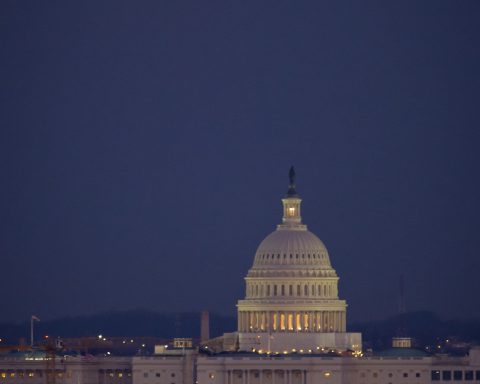
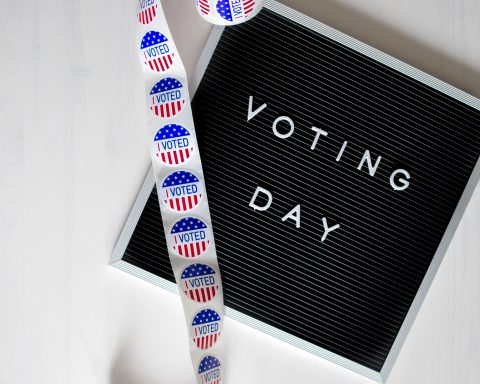
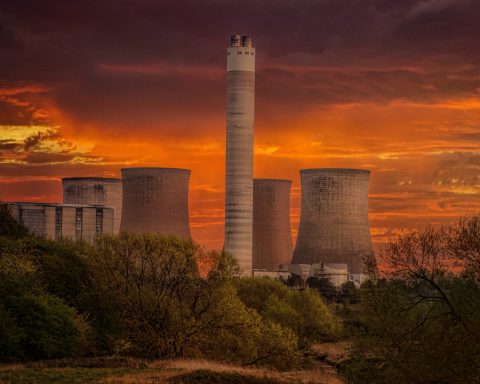
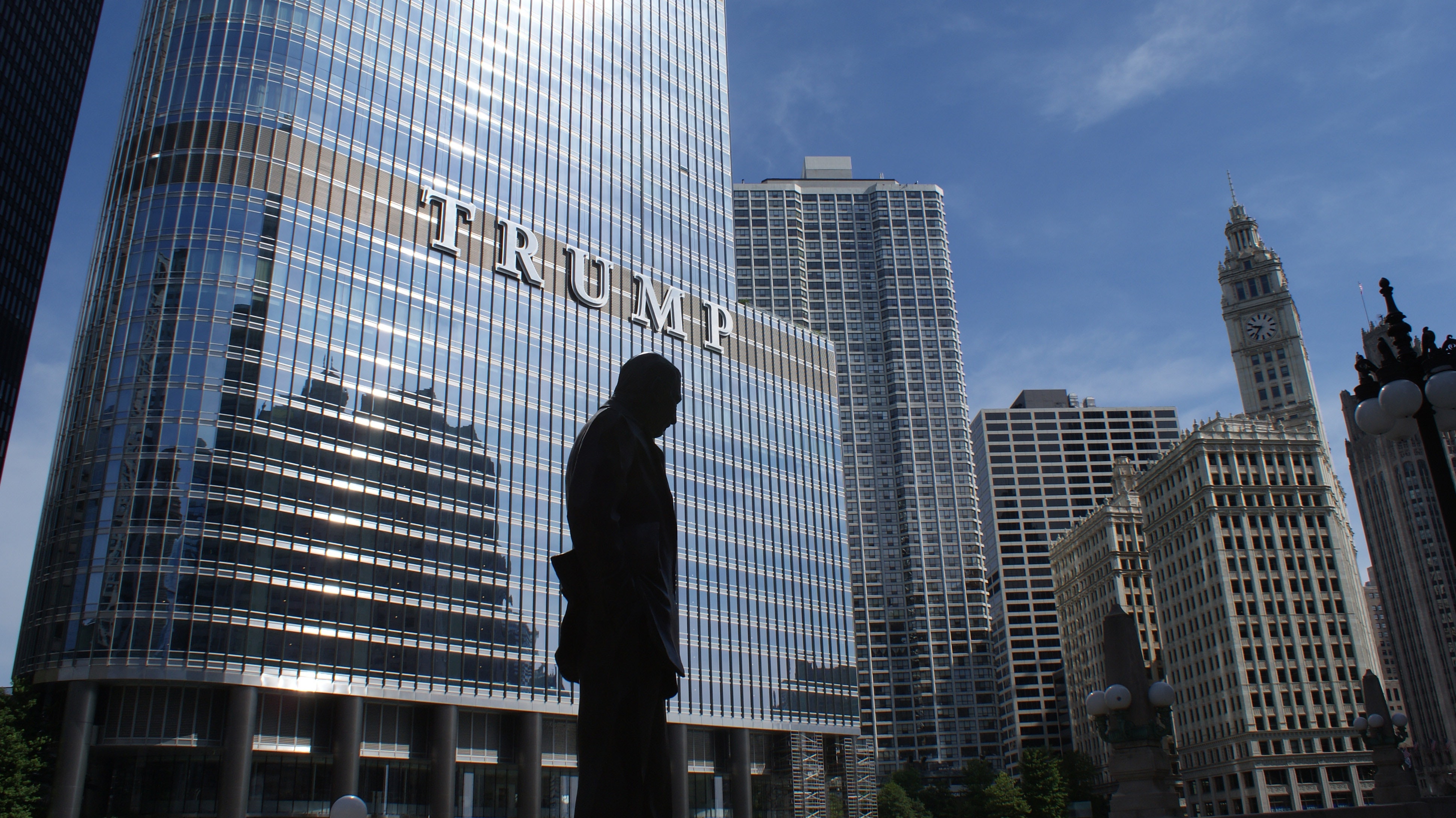

Unbound Social